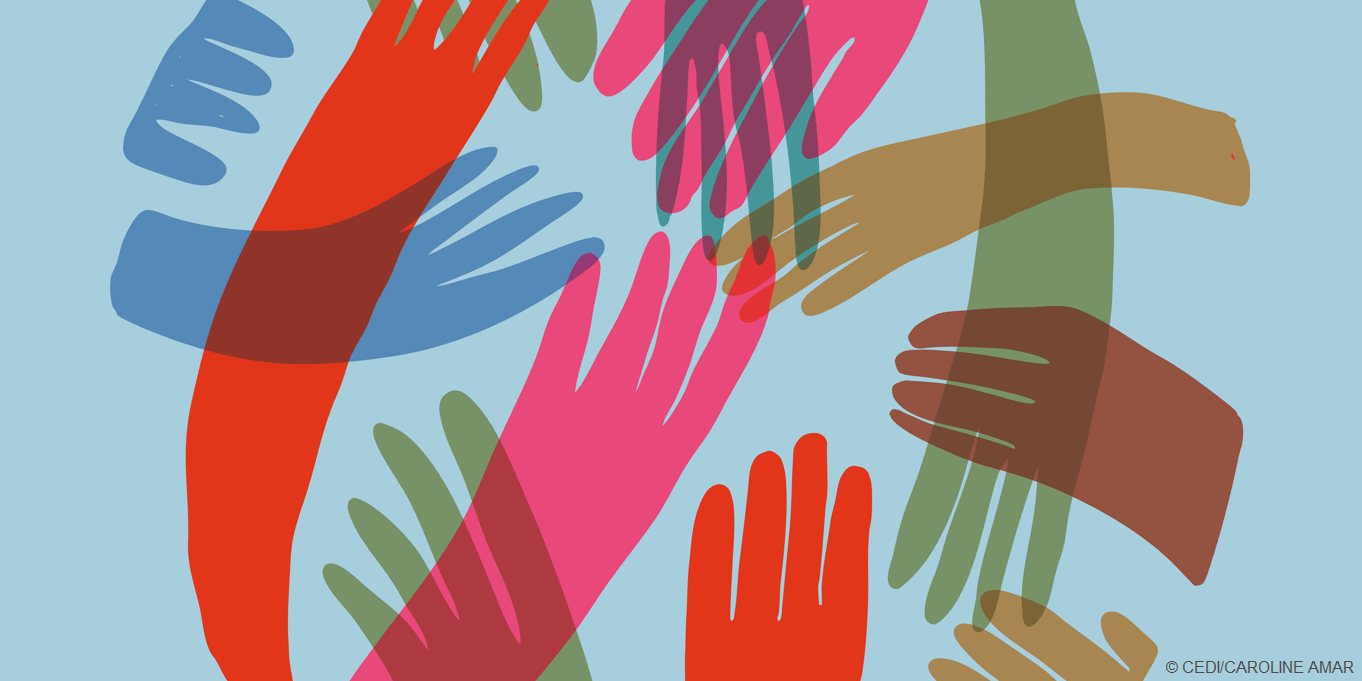Emily Fisher
Our research, with the Missing Persons Indicator Project, shows that 124 States lack any formal government institutions specifically addressing missing persons or disappearances yet 28 of these countries have NGOs actively working on the ground to support, in some manner, families searching for the disappeared.
This means, in many of these contexts, these NGOs are the sole organisations providing both direct search efforts and emotional support to families grappling with uncertainty. For some, the connotations associated with non-governmental organisation may even be a stretch too far, these groups are in fact small communities extending help where they can, supporting others in similar situations to those they have faced themselves. Because enforced disappearances occur in vastly different contexts, they employ diverse strategies and focus on different aspects of the crises families are facing. The following five examples illustrate a very small amount of the incredible work organisations do to advocate for human rights and uncover the fate of the missing:
Mexico – Guerreros Buscadores de Jalisco
A volunteer-led group that conducts hands-on searches for mass graves, uncovering the fate of the missing. Their tireless fieldwork recently led to the discovery of a mass grave in Jalisco, showing the impact that grassroots efforts can have in regions where State mechanisms are either absent, or insufficient.
Sri Lanka – The Association for Relatives of the Enforced Disappearances (ARED)
ARED has been protesting daily for over 3000 days in Vavuniya, demanding justice for their forcibly disappeared loved ones. Despite facing government push-back, intimidation, arbitrary arrest, and torture, they continue to raise awareness and fight for accountability.
Poland – The ITAKA Foundation
ITAKA offers a comprehensive support system for missing persons, including a 24-hour helpline, an online database and psychological assistance provided by trained professionals. They also coordinate searches and awareness campaigns and were the founding organisation of the Missing Persons International Network.
Bangladesh – Mayer Daak (translates to Mothers Call)
Mayer Daak is a grassroots movement founded by families of the disappeared in Bangladesh, operating without official registration or external funding. Formed in 2014, the group has become a powerful voice demanding justice and accountability for enforced disappearances. Members organise rallies, human chains and public testimonies, aiming to bring global attention to secret detention facilities and government involvement in disappearances. Their persistent advocacy played a role in prompting international action, including US sanctions on Bangladeshi officials.
Indonesia – KontraS
KontraS is an NGO dedicated specifically to enforced disappearances and state-sanctioned violence. Rather than conducting searches, KontraS focuses on documenting cases, conducting investigations and pressing the State for truth and accountability. Since 2007 they have supported they silent ‘Kamisan’ protests held every Thursday in front of the Presidential Palace in Jakarta. KontraS also plays an active role in international advocacy being part of a coalition known as AFAD (Asian Federation Against Involuntary Disappearances) through which they submit case files and pressure the UN Working Group on Enforced or Involuntary Disappearances to engage with Indonesia on unresolved cases.
Enforced disappearances are a global crisis, leaving families suspended in uncertainty and trauma. Where governments fail to uphold their obligations, NGOs around the world step in by searching for the missing, documenting cases and supporting families, often in extraordinary and diverse ways. Their work is vital, but it also highlights an uncomfortable truth; that these organisations shouldn’t have to exist.
On this International Day of the Victims of Enforced Disappearances, we honour their courage and call on States ensure truth, justice and accountability.








This is such an important and powerful reminder of the courage and dedication of grassroots organisations supporting families of the disappeared. Their work highlights both the resilience of communities and the urgent need for governments to uphold justice and accountability.
Fighting human trafficking, kidnappings etc, just got easier. Download Missing Peoples App (missingpeoplesapp) from Gplay Store and visit our Web App Platform at http://www.missingpeoplesapp.com search and report missing persons information globally in real time. Also call us at 352-214-4339
info@missingpeoplesapp.com